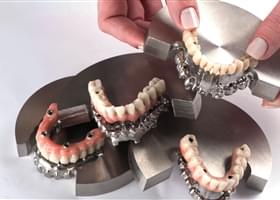

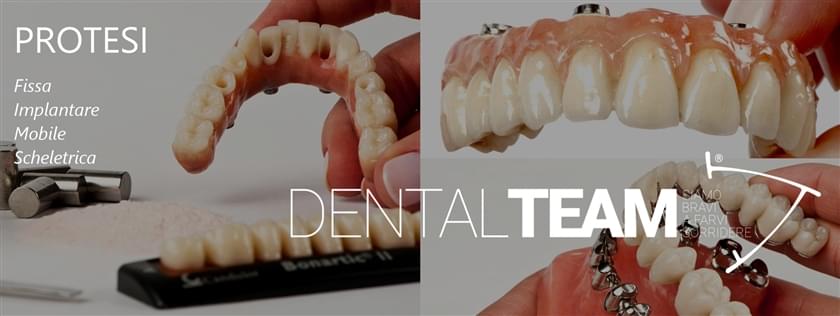
In the medical field, the prosthesis is defined as an "artificial device able to replace a part of the missing body or to integrate a damaged body"; the dental prostheses are an integral part of this category and, considering its enormous popularity, they are probably also the most widely known type of medical device.

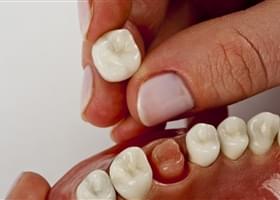
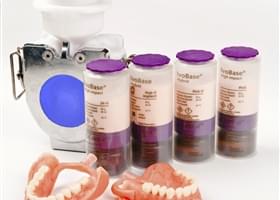
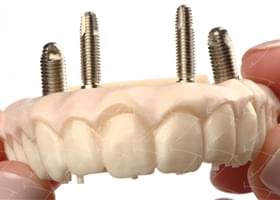
The prostheses produced in dental laboratories, even if not often considered, are actually real high technology and deeply engineered medical devices; starting from the indications of the dentist, the qualified and qualified dental technician produces a unique personalized device on the morphological characteristics and on the functional needs of the patient.
Starting from the prescription of the physician, each dental technician must master, to solve the patient's problems, the production of devices belonging to the 5 large categories of prostheses reported here: fixed, removable, implant, skeletal and orthodontic; the amount of final devices that can be produced is consequently enormous, but every single feasible product must always be subject to the following requirements:
